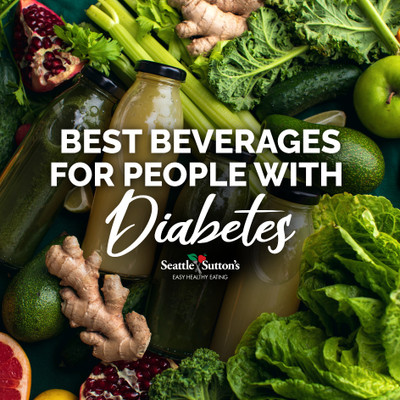You probably know someone who swears by supplements or doesn’t miss a day taking a vitamin (or two or three or more). Ever wonder if it is doing any good or not. Well, according to a new study about Vitamin D, it may not be doing much at all.
So, don’t pull out your money the next time you’re in the pharmacy, hold off and think about your purchase. If you have a supplement or vitamin in your cart, you may want to put it back. Unknowingly, it may be doing more harm than good (or nothing at all!).
In a review and meta-analysis of randomized controlled trials of adults that evaluated the ability of Vitamin D supplements to prevent bone loss, fractures and falls, the researchers wanted to find out through reputable, peer-reviewed and scientific studies: do Vitamin D supplements work?
Researchers put an emphasis on reputable, peer-reviewed and scientific studies. They wanted to find out how Vitamin D fared. Among nearly 54,000 participants, researchers found no results….nothing, nada, zilch, zip! There’s no significant effect on bone health, such as risk of any fractures, hip fractures or falls attributed to taking Vitamin D supplements! And, there was no difference in bone density either. It didn’t matter if the participant took high or low doses of Vitamin D supplements. There was no improvement at all!
The study was published in The Lancet Diabetes and Endocrinology – a reputable, peer-reviewed, scientific journal.
As you may already know from reading my blog posts, I’m not an advocate for taking vitamins and supplements. It just doesn’t make sense to me as a registered nurse. It’s a waste of good, hard-earned money! It’s better to obtain the necessary nutrients from real, whole foods - like eating salmon for Vitamin D, for example. If you still think you need to take Vitamin D, do some research and see if it is truly necessary. Now, I do realize there are some medical conditions that require a physician to prescribe a vitamin supplement to treat it. I’m not suggesting that you don’t take what you need for your medical condition. What I’m suggesting is to use your thinking rights, if you think it will help you.
Remember, if it sounds too good to be true, it probably is!
Start Your Healthy Journey Today!
Order NowFind More By Category







 Weight Loss
Weight Loss Health & Wellness
Health & Wellness Diabetes
Diabetes Heart Health
Heart Health Motherhood & Family
Motherhood & Family Dietary Restriction
Dietary Restriction Other Health Conditions
Other Health Conditions About SSHE
About SSHE


